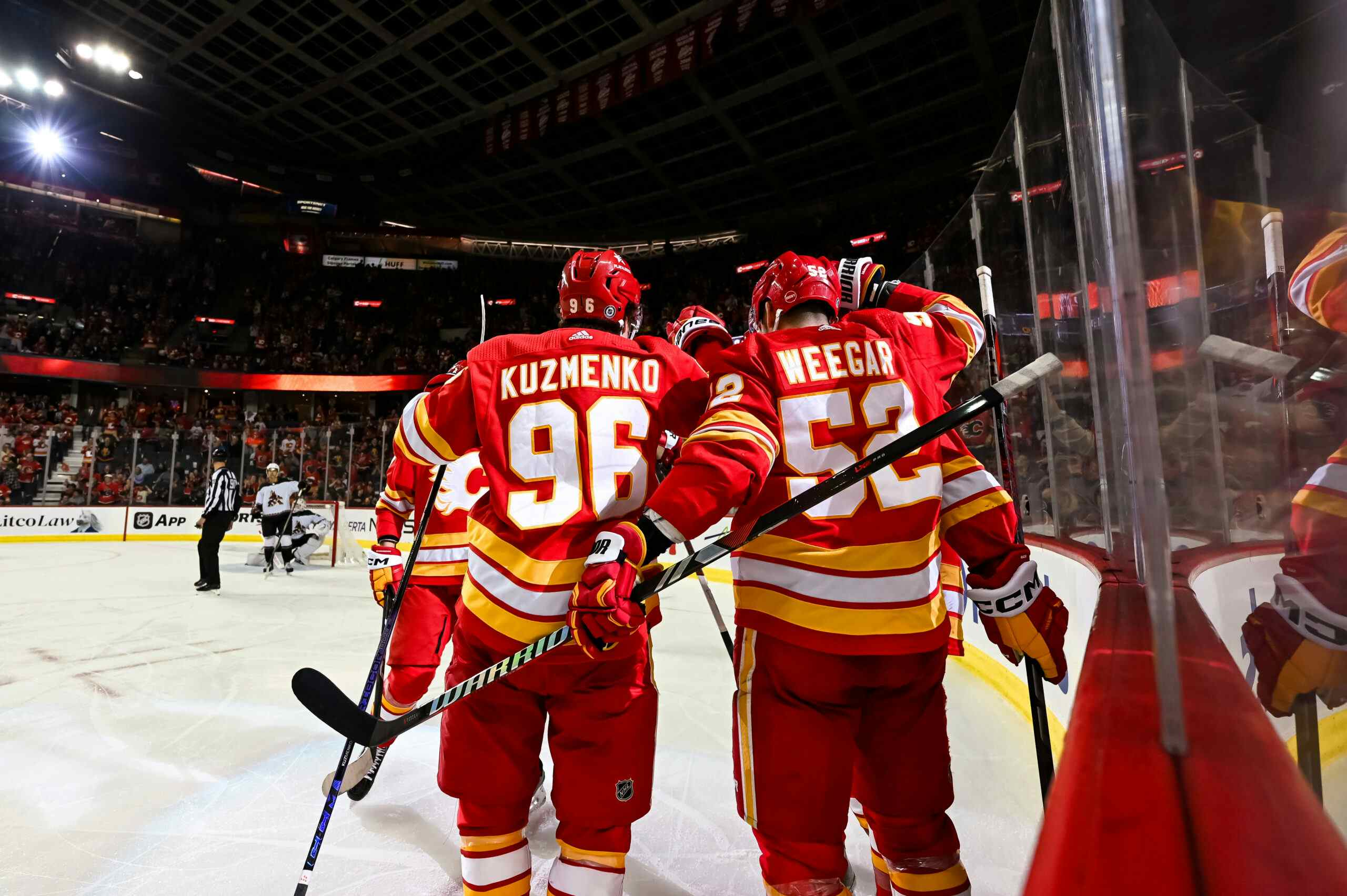Public funds could cover half of new arena, exceeding current trends

By Ryan Pike
5 years agoAccording to a report from LiveWire Calgary, the public contribution to the proposed new Calgary Flames arena could be in the vicinity of $300 million. This would be roughly half of the estimated cost of the facility.
But it’s important to put both the dollar figure and the proportion of total costs in proper context. Is covering half of a new barn (or spending that amount of public funds on one) out of the ordinary?
In looking at the five buildings constructed for NHL clubs, the short answer is yes.
Belmont Park Arena
- Future home of the New York Islanders
- Opening in 2021
- Owned by New York Arena Partners (the Islanders, Oak View Group and Sterling Equities)
- $1 billion estimated construction cost, including adjacent development (all funded privately)
- Public funds covering 0% of direct costs – though some indirect costs may be contributed from government (such as land)
The Islanders and their development partners won a Request For Proposals competition held by the state government to develop a plot of land beside the Belmont Park race track. There’s some whispers that the arena is behind schedule, but they’re expected to break ground this spring and be ready for the 2021-22 season.
Seattle Center Arena
- Future home of the Unnamed Seattle NHL Team
- Opening in 2021
- Owned by the City of Seattle, leased to Oak View Group
- $800 million estimated renovation cost ($3.5 million public funds, $796.5 million private funds from Oak View Group and their partners)
- Public funds covering ~0.4% of direct costs
It’s worth noting that Seattle got a really good deal for the redevelopment of the centrally-located (but old) Key Arena:
Under the deal, ArenaCo will be required to pay the city about $5 million per year, which the city says is about how much it currently makes from KeyArena. Revenues beyond that $5 million will be split between the city and ArenaCo, with 75 percent going to ArenaCo for the first decade and 50 percent after that.While ArenaCo will cover the costs of the project, including possible overruns, the company will also receive some public benefits. The city will pay ArenaCo about $350,000 a year for the first 10 years of the deal to cover the sales tax ArenaCo will pay during construction. The city will also pay ArenaCo any admissions taxes collected on tickets for events at the new arena beyond the amount the city currently collects from admissions taxes on events at KeyArena. The group has applied for $70 million in federal tax credits.
Little Caesars Arena
- Home of the Detroit Red Wings
- Opened in 2017
- Owned by the Downtown Development Authority, leased to Olympia Entertainment
- $862.9 million construction cost, including adjacent development ($324.1 million in public bonds and tax capture, $538.8 million from Olympia Entertainment)
- Public funds covered 37.6% of direct costs
Faced with a shrinking tax base due to residents moving to the suburbs and juggling actual bankruptcy, Detroit leveraged some tax capture – similar to a Community Revitalization Levy – and fairly complicated public bonds to partner with the Red Wings’ ownership on a fancy downtown development in an effort to revitalize their downtown.
Rogers Place
- Home of the Edmonton Oilers
- Opened in 2016
- Owned by the City of Edmonton, leased to Oilers Entertainment Group
- $480 million construction cost ($337.81 million from various government sources – a CRL, lease funding, reallocated subsidies from Rexall Place and other funds – plus $125 million from a ticket tax and $17.19 million from the Oilers)
- Public sources covered 70.4% of direct costs
Seeking to revitalize their downtown area, Edmonton leveraged a bunch of different funding mechanisms to foot the majority of the bill for the new Oilers arena. The local government also gave Oilers ownership equity in the surrounding development.
In the modern era, this is the sweetheart deal that all other sweetheart deals are judged against.
T-Mobile Arena
- Home of the Vegas Golden Knights
- Opened in 2016
- Jointly owned by MGM Resorts and Anschutz Entertainment Group
- $375 million construction cost (all funded privately)
- Public sources covered 0% of the direct costs
Seeking to make more money from their concert and events business – and potentially lure an NHL team to the area – MGM and AEG pooled their money and built an arena on land that MGM already owned.
Recent articles from Ryan Pike





